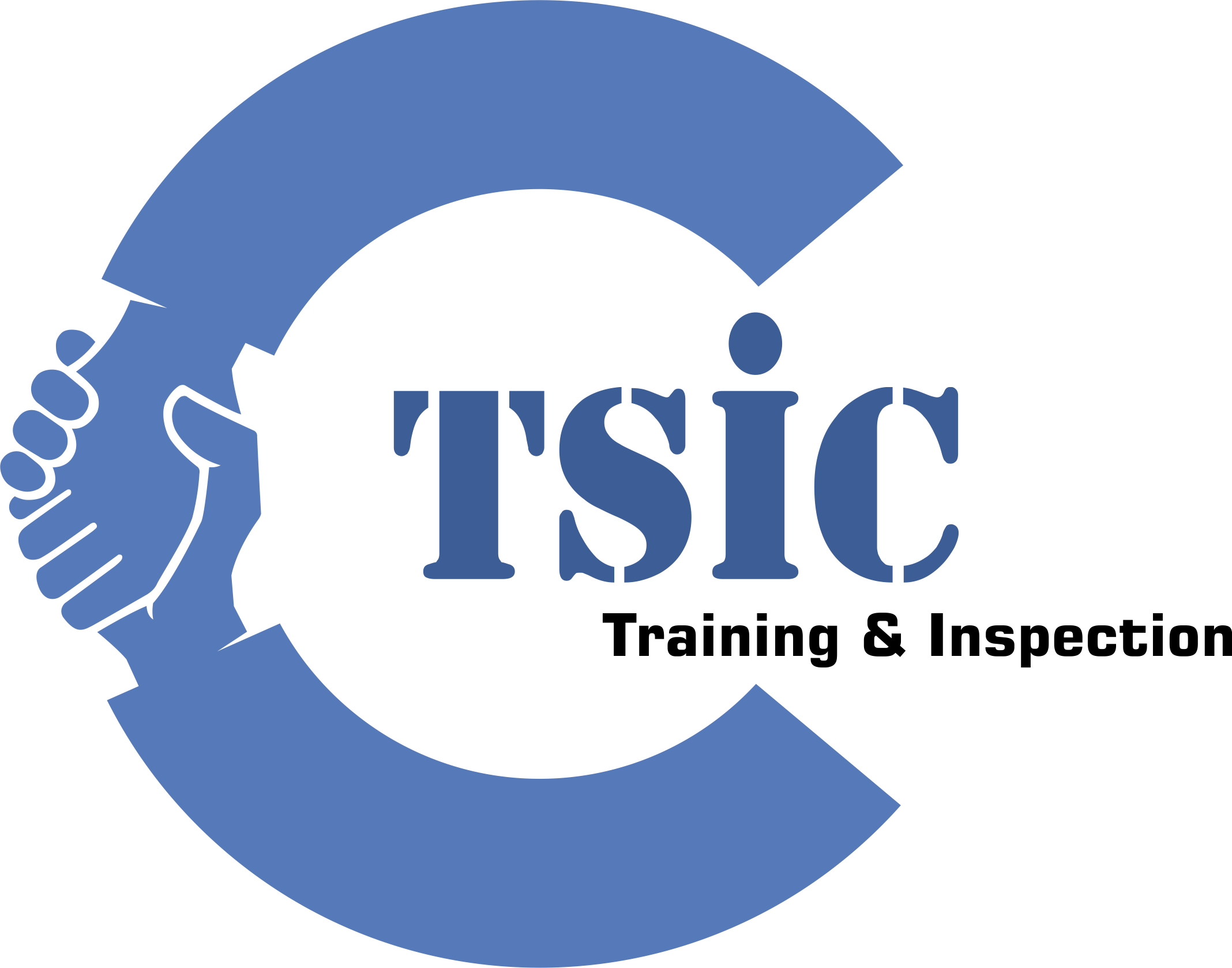The emergence of Non-Fungible Tokens (NFTs) has sparked a revolution in the digital world, particularly in the realm of legal licensing. NFTs, which are unique digital assets stored on a blockchain, have the potential to transform the way that artists, creators, and other content owners license and monetize their works. In this article, we will explore the role of NFTs in digital legal licensing, examining how they can be used to protect intellectual property rights, streamline licensing processes, and create new revenue streams for content creators.
NFTs are unique digital assets that are stored on a blockchain, which is a decentralized digital ledger that records transactions across a network of computers. Each NFT is verifiable and cannot be replicated or replaced, making it a valuable tool for proving ownership and authenticity of digital works. This unique aspect of NFTs has significant implications for digital legal licensing, as it provides a secure and transparent way to track and enforce intellectual property rights.
One of the key roles of NFTs in digital legal licensing is the ability to create a digital certificate of authenticity for digital works. By minting an NFT for a digital work, an artist or creator can prove that they are the original creator of the work and establish ownership rights. This certificate of authenticity can be used to prevent unauthorized use or distribution of the work, as it provides indisputable proof of ownership.
In addition to proving ownership, NFTs can also be used to facilitate licensing agreements for digital works. By attaching licensing terms to an NFT, content creators can specify how their works can be used, by whom, and for what purposes. This can streamline the licensing process, as the terms of the agreement are encoded in the NFT and can be automatically enforced through smart contracts on the blockchain.
Furthermore, NFTs can be used to create new revenue streams for content creators through the sale of digital licenses. By minting multiple copies of an NFT and selling them to different buyers, creators can generate income from licensing their works multiple times. This can be especially beneficial for artists and musicians, who can sell limited edition NFTs of their works to collectors and fans.
Another important role of NFTs in digital legal licensing is the potential to enable fractional ownership of digital works. By dividing an NFT into multiple tokens, each representing a share of ownership, content creators can sell partial ownership rights to investors or collectors. This can provide creators with access to capital upfront, while allowing investors to profit from the appreciation of the digital work over time.
In conclusion, NFTs have the potential to revolutionize digital legal licensing by providing a secure and transparent way to Anex System track and enforce intellectual property rights. By creating digital certificates of authenticity, facilitating licensing agreements, and enabling new revenue streams through the sale of digital licenses and fractional ownership, NFTs offer a new paradigm for content creators to monetize their works in the digital age. As the NFT ecosystem continues to evolve, it will be fascinating to see how these unique digital assets reshape the landscape of digital legal licensing.
